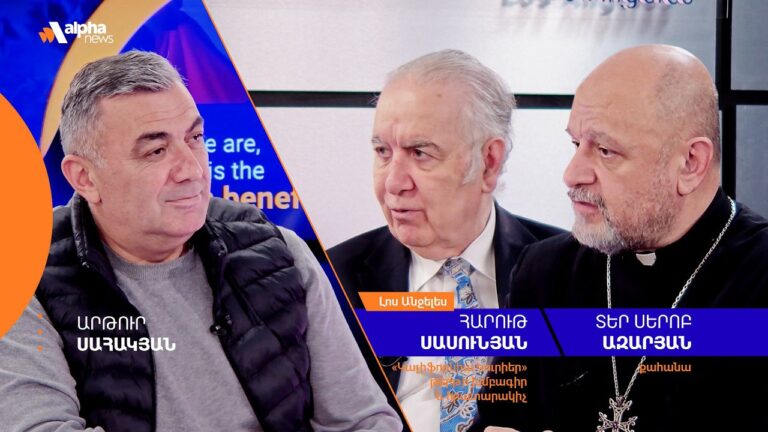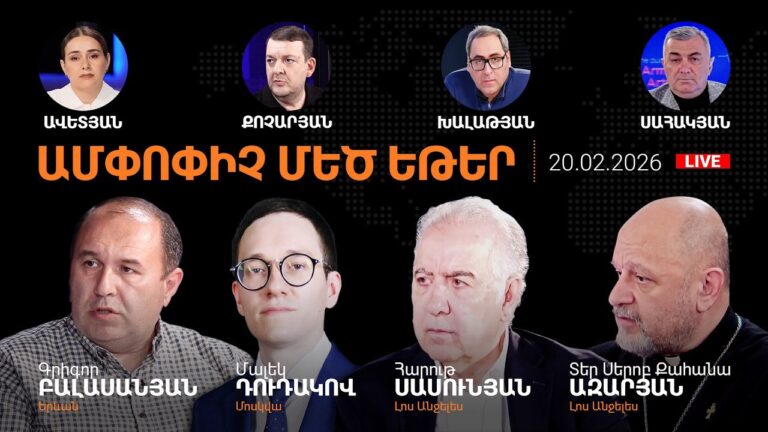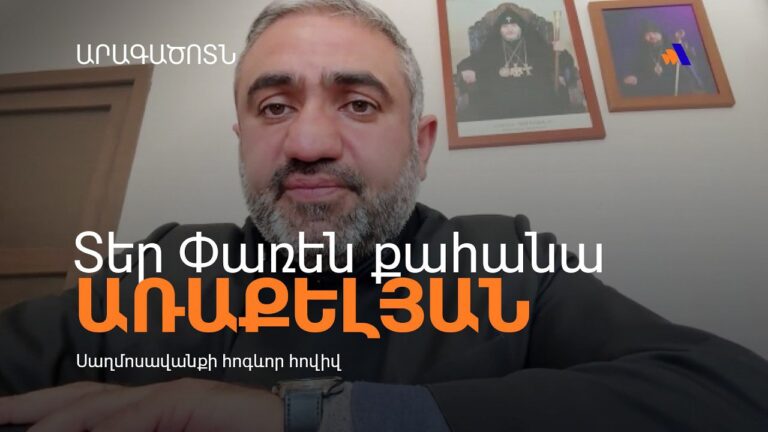Aliyev urges Washington to pressure Armenia
September 18 2024, 12:00
The day before, Secretary of State Antony Blinken had a phone conversation with Azerbaijani President Ilham Aliyev and reaffirmed the importance of a lasting and dignified peace between Azerbaijan and Armenia. The Secretary of State welcomed the recent progress between the parties, including the agreement on the regulation of border delimitation.
We learn more details of the conversation between Aliyev and Blinken from Baku’s official statement following the phone call. Aliyev stressed the need to “end Armenia’s territorial claims against Azerbaijan on the basis of its Constitution and other legislative acts,” as well as the termination of the activities of related organizations such as the OSCE Minsk Group and all related bodies.
Azerbaijan’s statement means that Aliyev sees the implementation of a whole set of requirements for Armenia as a condition for Baku’s return to the negotiating table on the Western negotiating platform. This statement can also be considered proof that Aliyev is urging Washington to put pressure on Armenia. Taking into account the fact that State Department spokesperson Matthew Miller confirmed that Washington is looking for opportunities to convene a meeting of the foreign ministers of Armenia and Azerbaijan, it can be assumed that the United States can implement Aliyev’s demand. This, in turn, means that the geopolitical calculation of the Armenian authorities turned out to be wrong again:
1. A number of events, statements and revealed facts prove that Armenia’s refusal to hold talks on the Russian negotiating platform was aimed at sabotaging the implementation of the November 9, 2020 agreement, in particular the 9th paragraph of this document. However, neither Moscow nor Baku abandoned the provisions documented on paper. Moreover, for the entire security of the region, the November 9 agreement continues to be one of the backbone documents for official Moscow, remember at least the recent statements made by Russian Deputy Prime Minister Alexey Overchuk in Armenia regarding the unblocking of communications.
2. The pivot to the Western negotiating platform did not give Armenia an ” advantage” in comparison with Baku. A “powerful international consolidation” has not formed around “democratic Armenia” in comparison with authoritarian Azerbaijan.
3. Ilham Aliyev really called on Washington to put pressure on Yerevan, but the statements of the Azerbaijani leader can also be perceived as putting forward conditions for the United States. The reality after the fall of Artsakh statehood is that Aliyev, who controls the whole of Karabakh, is a geopolitical actor who can publicly refuse Washington as well as finance actions against “French colonialism.” But it was Nikol Pashinyan and his policy rather than the support of Turkey and Erdogan that made Aliyev the actor.
Nikol Pashinyan said on September 17 that “our perception of the world and international relations remains superficial.” Apparently, when he said “our”, he meant himself, and these examples show how his personal geopolitical miscalculations brought Armenia to the brink of serious upheaval.
Think about it…







